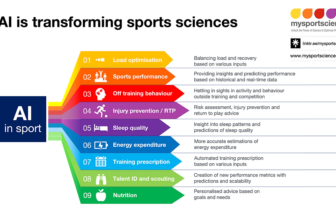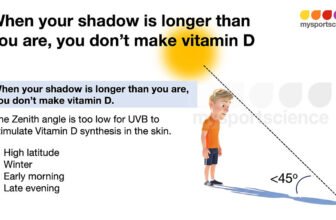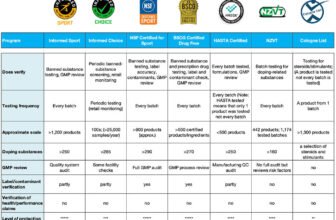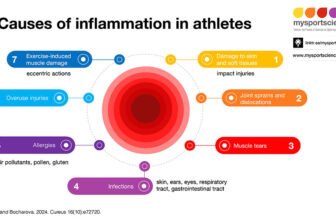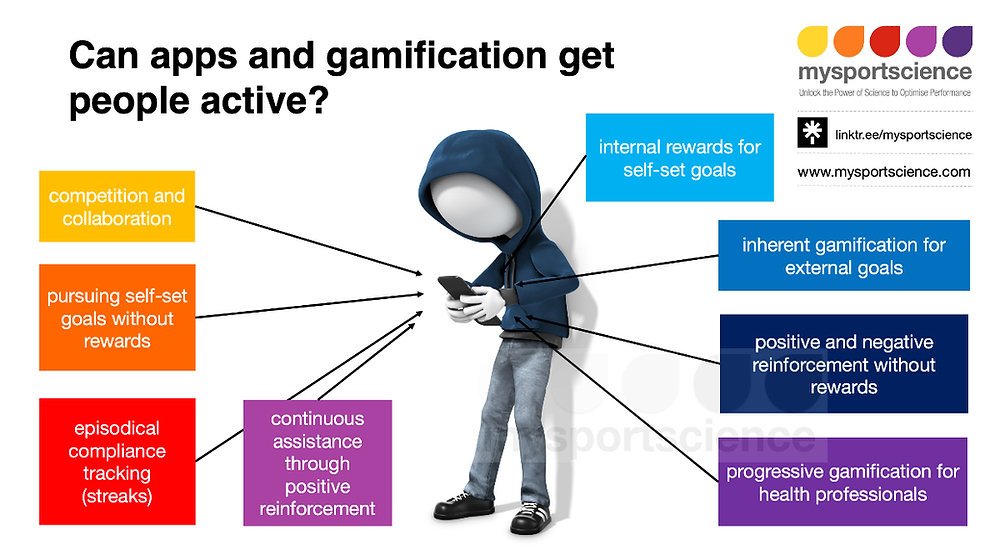
There are lots of well being advantages of bodily exercise, together with the prevention of persistent illnesses and bettering longevity. Nevertheless, the alternative can also be true: bodily inactivity can lead to many well being issues. In line with the World Well being Organisation, one-third of adults worldwide don’t meet minimal train suggestions. This isn’t as a result of we don’t have sufficient pointers… There are many pointers to get individuals extra lively, however in a world with vehicles, electronics, instruments and infrastructures that take away the necessity for bodily exercise (and typically make it even unattainable), exercise ranges are decrease than ever. Technological advances could also be a part of the issue, possibly they can be a part of the answer.
Out there apps and gamification for bodily exercise
Cellular well being applied sciences, sometimes called mHealth, equivalent to smartphone functions and wearables have turn into extremely standard and do have the potential to encourage wholesome behaviours, together with elevated bodily exercise and improved diet consumption. The previous few years I’ve been concerned in a couple of tasks on this area. Examples within the diet area are functions like Foodcoach and applied sciences like steady glucose monitoring (CGM). Within the bodily exercise and train area we mentioned ZWIFT beforehand (see weblog) and I’ll focus on an utility referred to as RIDO in an upcoming weblog.
Apps can work in a couple of other ways. They will present suggestions, assist with purpose setting, observe progress and supply types of motivation. Some apps use gamification and assist to make wholesome behaviours extra partaking. By turning exercises into video games or challenges, these instruments will faucet into an people innate drive for competitors and achievement. The concept is that this can then reinforce train habits. It sounds easy… however does it work?
Can apps make individuals extra lively?
The concept that apps might help and assist wholesome behaviours is in fact engaging and there may be clear proof that this may work. In a latest research authors concluded that “cellular health apps that file and show historic efficiency information can play an important function in reinforcing common bodily exercise, as customers are motivated to surpass their earlier achievements. Self-monitoring– significantly by way of monitoring private progress– seems an efficient technique for sustaining engagement with these apps and that is flip can lead to long-term train habits and well being advantages” (1). Seeing one’s personal progress could be motivating and there might be a need to surpass earlier achievements. This reinforces a cycle of standard exercise. As we’ll see under research assist the concept that apps can simulate bodily exercise. The principle query is, is it a long run and significant change?
Can apps enhance individuals’s diet?
Smartphone functions usually permit customers to set objectives, file their actions, monitor their diet consumption, obtain suggestions on efficiency or consumption objectives, and permit sharing progress with friends. Seeing one’s personal progress can inspire people to surpass their earlier achievements, reinforcing a cycle of standard exercise. The truth is, monitoring private achievements and reaching milestones are amongst the best app methods for sustaining long-term train engagement (1). Analysis means that well-designed health apps can certainly lead to behaviour change. For instance, integrating self-monitoring options (equivalent to monitoring steps or logged exercises over time) helps foster behavior formation and self-regulation in customers (1).
Gamification of health-related apps
Gamification means including recreation parts to one thing that isn’t initially meant as a recreation. We discover gamification in studying apps (suppose Duolingo), but additionally in apps with the potential to assist wholesome behaviours. Including gamification to an utility will enhance the engagement and can keep curiosity within the app for longer. Within the context of bodily exercise, gamified apps or applications flip train right into a type of play – as an illustration, awarding factors for each mile run, each kilometer cycled or creating digital “competitions” the place customers purpose to climb up a leaderboard. These game-inspired options are meant to make train extra satisfying and rewarding, thereby rising customers’ motivation and participation.
The evidence-base for gamification in bodily exercise is rising. A scientific assessment of fifty research discovered that gamified bodily exercise interventions have been utilized throughout numerous populations (from wholesome younger adults to sufferers managing persistent illnesses) and may efficiently improve participation in train (2).
App producers use many various types of gamification which could be divided into 8 completely different classes (4).
-
competitors and collaboration
-
pursuing self-set objectives with out rewards
-
episodical compliance monitoring (streaks)
-
inherent gamification for exterior objectives
-
inner rewards for self-set objectives
-
steady help by way of optimistic reinforcement
-
optimistic and detrimental reinforcement with out rewards
-
progressive gamification for well being professionals
After all, cellular apps will not be a magical resolution to an weight problems epidemic and won’t flip a inhabitants with persistent illness right into a wholesome inhabitants of health freaks. We all know that sustaining engagement with most apps could be difficult and a considerable fraction of app customers will abandon the app inside a couple of weeks. The noticed enhancements are sometimes modest on common, and outcomes have different between research. However that is additionally the problem for app builders and behavioural scientists. How can apps be constructed in order that dropout charges are low and app use will lead to actual and significant behaviour adjustments? A better collaboration between behaviour change scientists and app builders will lead to higher apps, particularly when grounded in behaviour change idea.
Key messages
-
Cellular health apps with gamification can increase bodily exercise
-
Digital instruments will not be magic bullets, however they provide a significant bump in exercise ranges in comparison with no intervention. Apps will possible enhance sooner or later, rising the consequences and lead to extra significant behaviour change.
-
-
Gamification will enhance engagement quick time period but additionally long term
-
Options like factors, badges, leaderboards, and crew challenges are likely to considerably enhance consumer participation and step numbers. Competitors parts particularly in groups appear to be efficient.
-
-
Sustaining long-term behaviour change would require continued engagement
-
Many interventions see bodily exercise positive factors diminish after the preliminary few weeks or months. This drop-off highlights the necessity for evolving recreation content material, ongoing rewards, or social assist. Lengthy-term success possible requires reinforcing habits till train turns into a part of one’s routine. That is the place the shut collaboration between app builders and behavioural scientists is essential.
-
-
Efficient apps leverage behaviour change ideas alongside gamification
-
Packages that incorporate established behaviour change methods (goal-setting, self-monitoring suggestions, and social assist), and are knowledgeable by psychological idea, have a tendency to realize higher adherence and outcomes.
-
In apply, this implies gamified apps ought to set achievable challenges, present personalised suggestions, and foster a way of progress and group camaraderie. By combining ideas of behavioural science with partaking recreation mechanics, mHealth interventions can extra reliably convert short-term motivation into lasting bodily exercise (and diet) habits.
References
-
Sousa Basto, P., Ferreira, P. Cellular functions, bodily exercise, and well being promotion.BMC Well being Serv Res 25, 359, 2025.
-
Xu L, Shi H, Shen M, Ni Y, Zhang X, Pang Y, Yu T, Lian X, Yu T, Yang X, Li F The Results of mHealth-Based mostly Gamification Interventions on Participation in Bodily Exercise: Systematic Evaluation. JMIR Mhealth Uhealth 2022;10(2):e27794
-
Stawarz Okay, Cox AL, Blandford A. Past self-tracking and reminders: designing smartphone apps that assist behavior formation. Proc thirty third Annual ACM Conf Hum Elements Comput Syst 2653–2662, 2015.
-
Schmidt-Kraepelin M, Toussaint PA, Thiebes S, Hamari J, Sunyaev A. Archetypes of Gamification: Evaluation of mHealth Apps. JMIR Mhealth Uhealth. 2020 Oct 19;8(10):e19280.
Trending Merchandise

